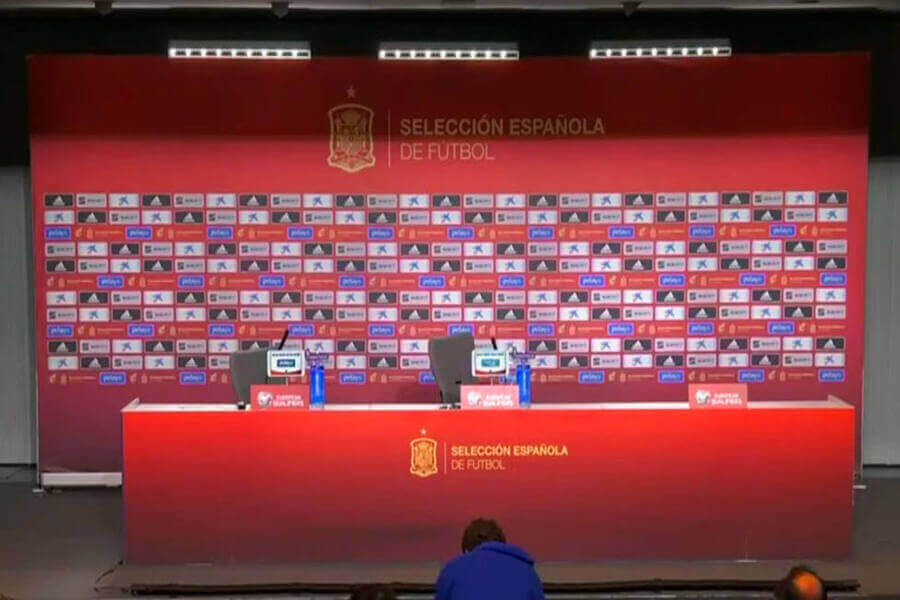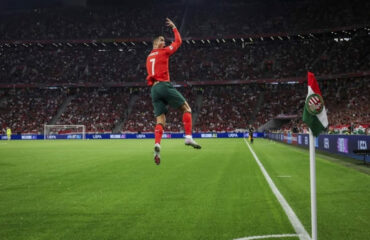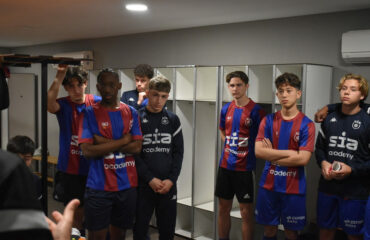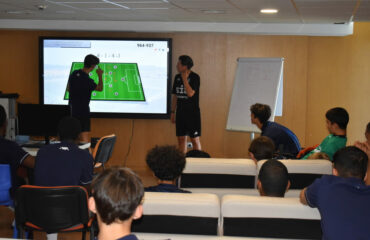Like any citizen, a footballer has the fundamental right to freedom of expression and thus to express and disseminate his thoughts, ideas and opinions freely and in safety by speech, writing or any other means.
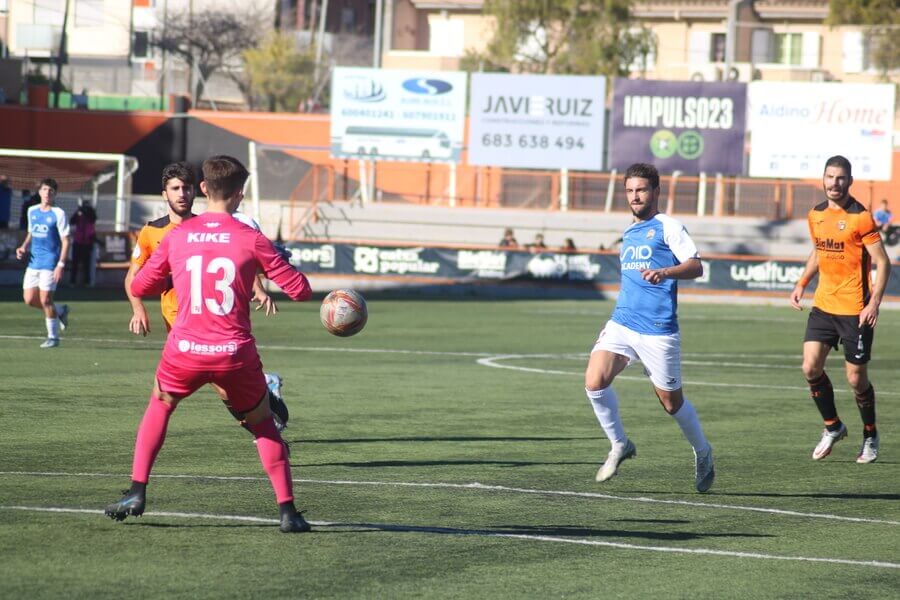
Footballer’s right of expression
The limitations of this right, in the case of a football player, are specified in the following points:
- The right to the honour, privacy and self-image of those who are part of the club where the player plays, including the image of the club itself.
- The limits to freedom of expression agreed between the player and the club.
- The limitations set out in article 34.1.a of the aforementioned Law 19/2007, of 11 July, regarding aggressive and manifestly unsportsmanlike behaviour and gestures when they are directed at the referee, other sportsmen and women or the public.
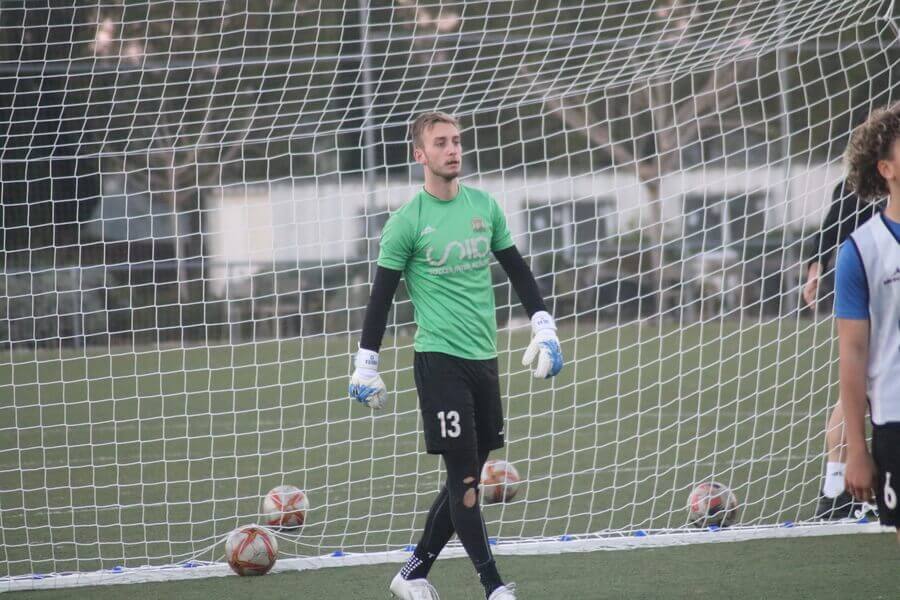
Football freedom of expression regulations
Article 39 of the collective agreement signed between the AFE and the LFP states that:
“Professional footballers shall have the right to freely express their opinion on any matter, and in particular on issues related to their profession, without any limitations other than those deriving from the law and respect for others”.
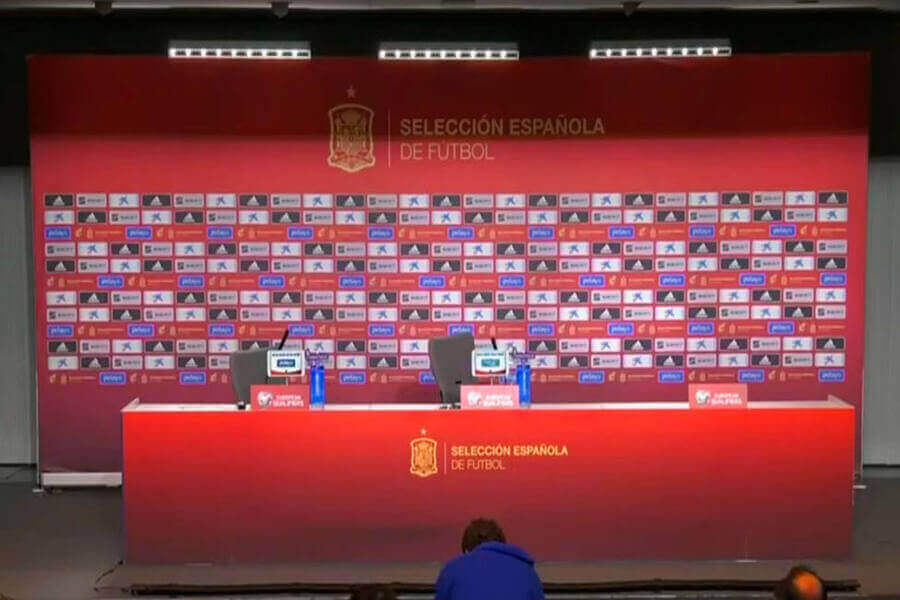
This regulation confirms the transcendence of this right in an area, such as the sports employment relationship, where the subjection of the worker to the club is so extreme that it can lead to humiliating situations for the sportsperson himself/herself, violating fundamental rights.
Clubs can control their players
The first “inquisitor” to the freedom of expression of any footballer will always be the Internal Regulations of the Club where he plays. The same thing happened to Adil Rami, former Valencia CF player, when he was sanctioned for the following statements to the media:
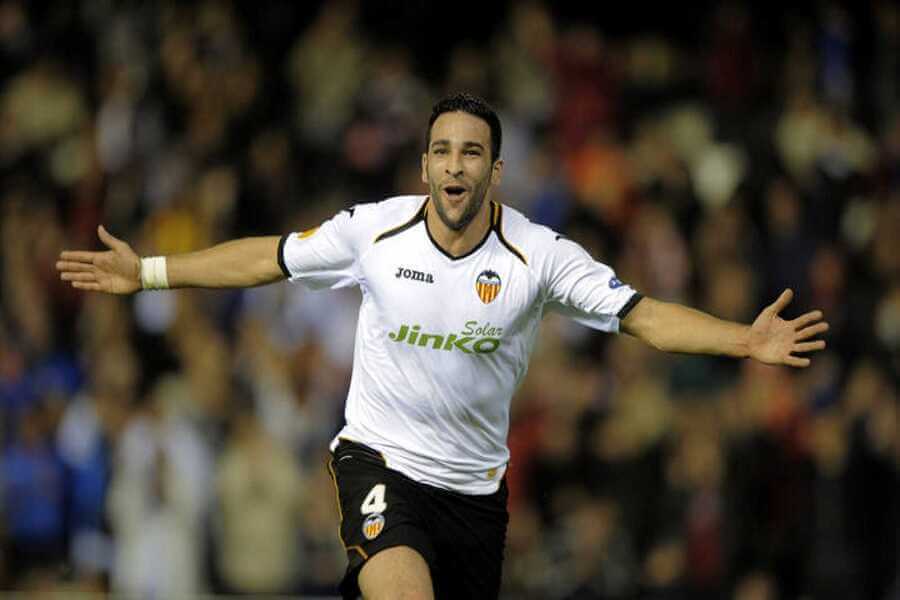
“We have lost people like Albelda, Soldado and Tino Costa this year. Now in the dressing room there are only balls who don’t talk to each other. My relationship with Djukic is not good. He’s the boss of the ship, but we’ll see where we are at the end of the season. Djukic doesn’t speak to our faces. He told me that he could be one of the best centre-backs in Europe and he doesn’t show it”.
Valencia C.F. considered his statements to be worthy of reprobation in the exercise of its power of management, sanctioning such conduct with a one-week suspension from employment and salary as it was considered a serious offence.
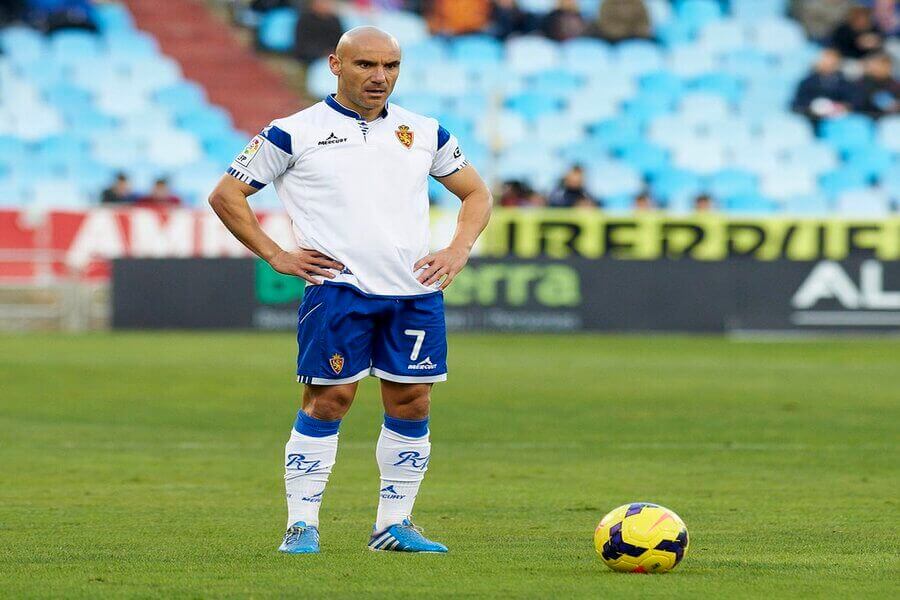
Similarly, José María Movilla, a former Real Zaragoza player, was sanctioned for posting on his Twitter profile “I may be a child but what I will never be is cynical, demagogic and a liar” in response to Jesús García Pitarch, at that time the club’s general manager, who described the player as a child for the way he was claiming the wages owed to the squad.
It would be worth analysing whether the words of Adil Rami and José María Movilla really went beyond mere freedom of expression or an objective description. The same goes for the rest of the statements that footballers make on a daily basis to the media or directly on social networks.
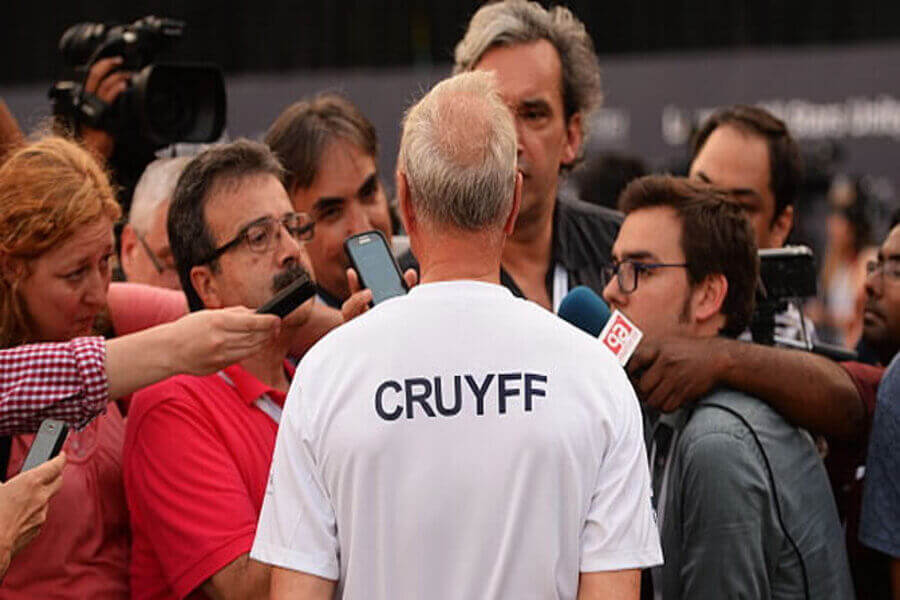
Different points of view
Two diametrically opposed points of view converge here:
- On the one hand, the obligation for football players to limit their right to freedom of expression when they are at work, i.e. during matches, training or training camps, as sporting events cannot be used to vindicate particular opinions outside football.
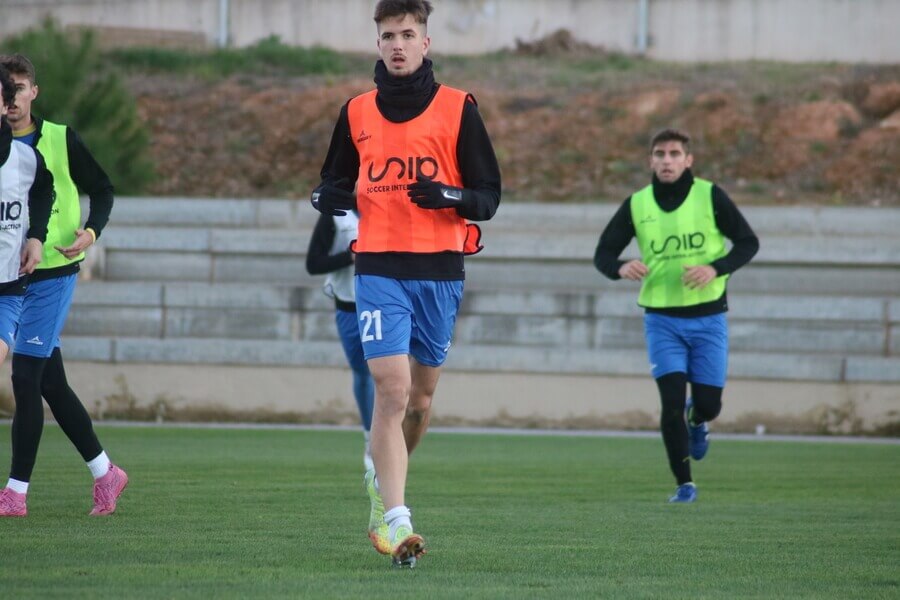
- On the other hand, freedom of expression is defended without unjustified limitations, except for manifestations of a racist, xenophobic nature or any other content that incites to violence, in accordance with the current regulations of Law 19/2007 of 11 July against violence, racism, xenophobia and intolerance in sport, it is necessary to limit the freedom of expression of football players. Just as a fan cannot freely display banners in a stadium, a footballer cannot display t-shirts with a message during a match, especially when celebrating a goal.
This is contemplated in art. 91 of the RFEF Disciplinary Code dedicated to the celebrations that we will see in the second part of this series of articles dedicated to the freedom of expression of footballers in order to generate debate.



